6 Ways You Can Avoid Expensive Home Damage
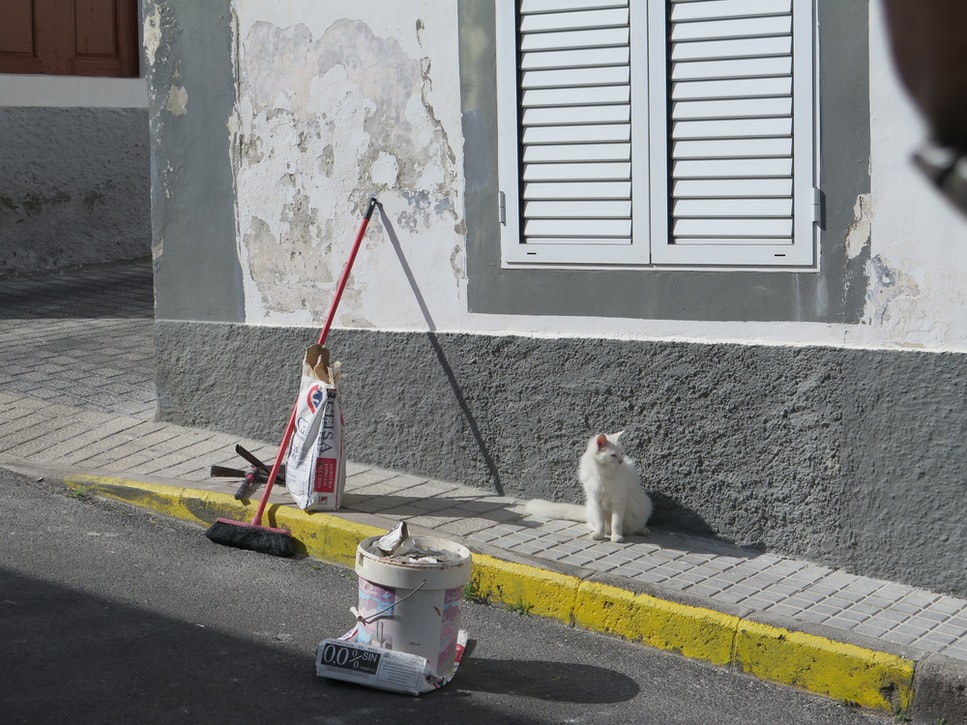
Home restoration is always expensive, and that is why most homeowners postpone or delay attending to them until the very last minute!
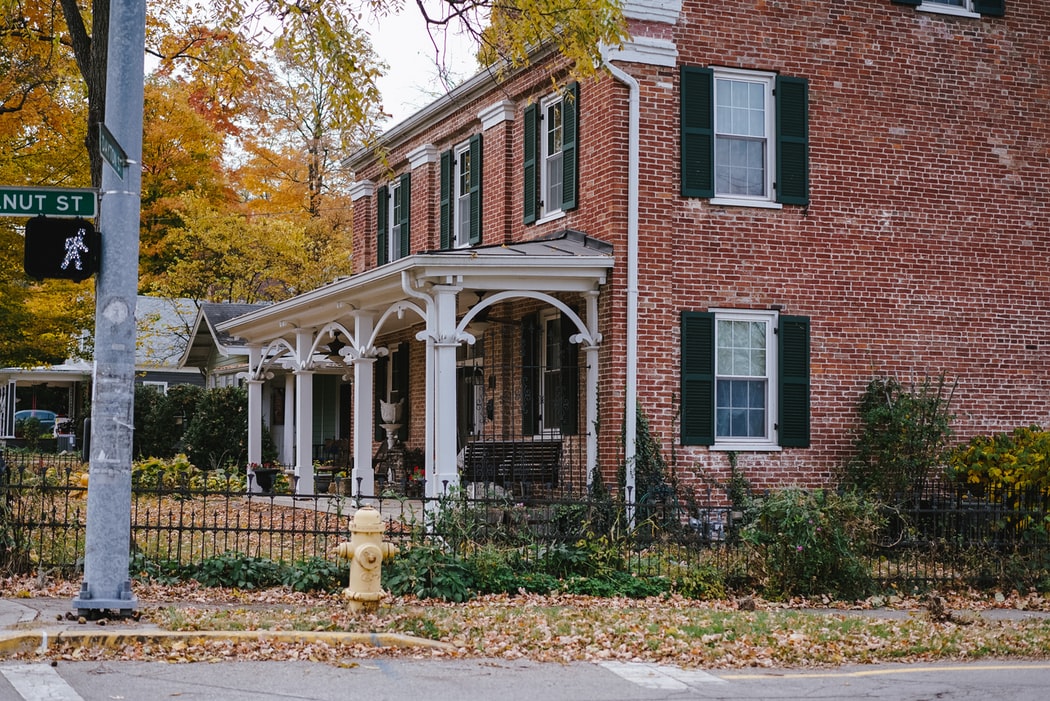 Photos By: Unsplash
Photos By: Unsplash
Unfortunately, what they fail to understand is that this might lead to more expensive home damage. When things eventually go wrong with your homes, they end up hitting your bank balance or insurance premium, which is a very hard one. With this in mind, some things should be taken into consideration.
1. Do Not Leave Your Appliances ON When Going Out
Make sure your dishwasher, washing machine or clothes dryer is off anytime you’re leaving the house. If you are at home, the case might be different. You can do something about it if there is an issue with the appliances before the occurrence of an accident or at least reduce the level of damage if an appliance decides to go haywire. If you happen to be out of the house, this will result in very expensive home damage. It is also ideal to pay attention to the kitchen appliance. Research shows that there are over 4500 residential fires every year, and most of them are a result of unattended cooking.
2. Always Inspect the Flexible Braided Hoses Under Sinks
In recent months, insurers have received over 30,000 claims for water damage due to failed braided hoses. These insurance claims for these failures are estimated to be over $320 million, including damaged cupboards and flooring that makes up the cost.
3. Do Yearly Review of Your Insurance Coverage.
It is very easy to roll over your home contents insurance policy regarding the renewal of the policy. Still, it is important to remember to review the allocated value of your home and personal possession. The value of the home items may have increased over the years, so you can adjust your insurance coverage to lower your premium.
Alternatively, you may have bought new items that are not insured, and you need to adjust the contents insurance coverage to help with the protection of these new items. Most homes have an inaccurate sum insured, and this is because homeowners provide an estimate of the value of properties to their most recent insurer, which is based on the purchase price. The money insured is the maximum sum required to be paid by the insurer if the home eventually gets destroyed or damaged badly after the insured event. Nothing guarantees that the amount of money insured will cover the cost of rebuilding your home sufficiently, which is why it is important to provide your insurer with the right and accurate property valuation. In addition to covering half of the people who bought new items that are of high value in the past five years, it has also revealed that they don’t update their home insurance policy.
4. Install Smoke Alarms and Check them Regularly
Most houses don’t have working smoke alarms, and broken smoke alarms increase the risk of dying in a house fire by up to 80%. It is usually easy and should be considered as a routine in housekeeping. This is because smoke alarms can prevent expensive home damages. Most importantly, smoke alarms can save lives. Smoke alarms should be replaced every 10 years, and this is due to their limited lifespan.
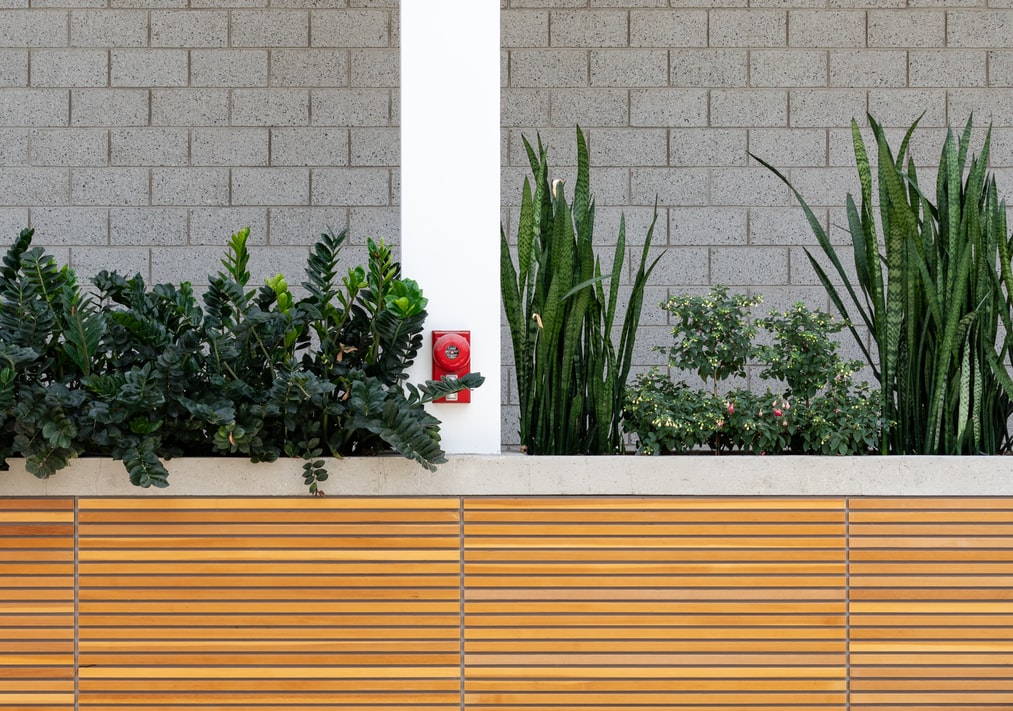
5. Make Sure your Tumble Dryer Filters are Cleaned Regularly
Tumble dryers are common in most homes; however, some are not aware of the importance of cleaning the tumble dryer or vent after every use. According to research, clothes dryers are one major reason for fire outbreaks in the laundry room. TIPS: To prevent fire outbreaks, it is ideal to ensure that there is nothing like an overload of power points in the laundry, creating enough space around the tumble dryer for ventilation.
6. Install Water Leak Alarm in Your Home
Water damage ranks consistently as a very costly claim, so it is very useful to consider the household product that can aid in preventing an expensive home accident. Water leak alarms are operated with batteries and will sound an alarm if it comes in direct contact with water or even just by detecting it. Water leak alarms can be placed beneath your sink, close to the water heaters, close to your dishwashers and washing machines; specifically, they should be placed in places where water shouldn’t be.

Conclusion
As one can see, prevention is always the best protection. Water damage restoration should be something accidental – something that you couldn’t have anticipated and accounted for. Keeping your home protected against external threats that can result in very expensive home damage usually goes a long way in preventing a problem from becoming something more disastrous.


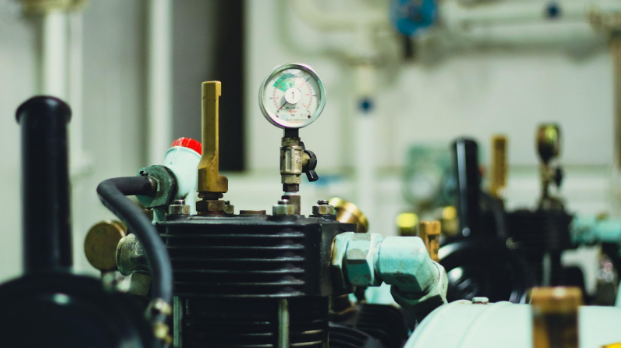
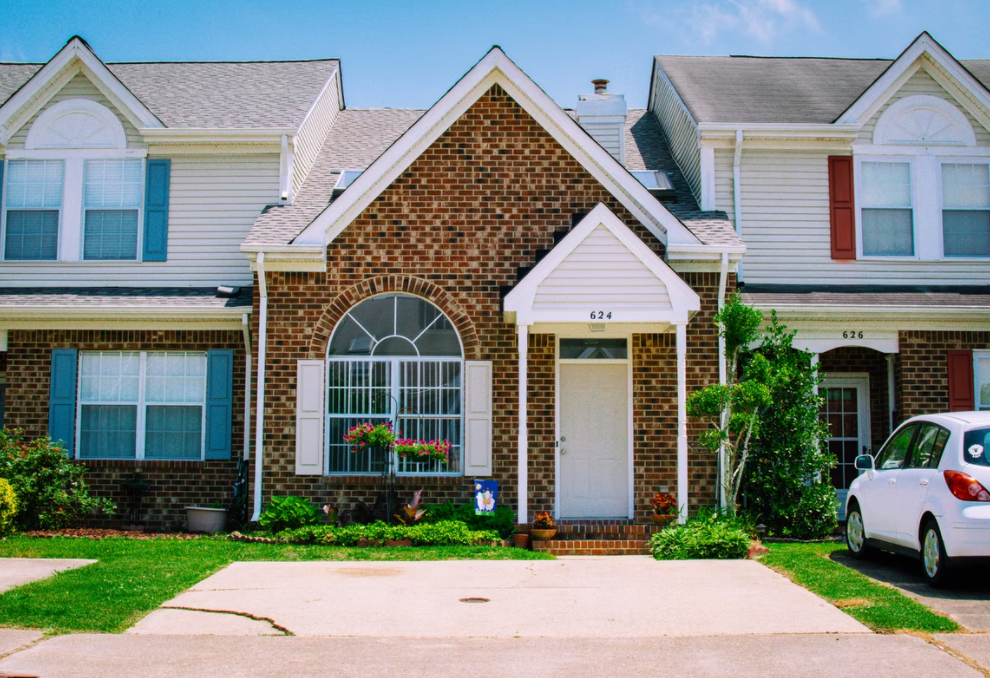



Leave a Comment